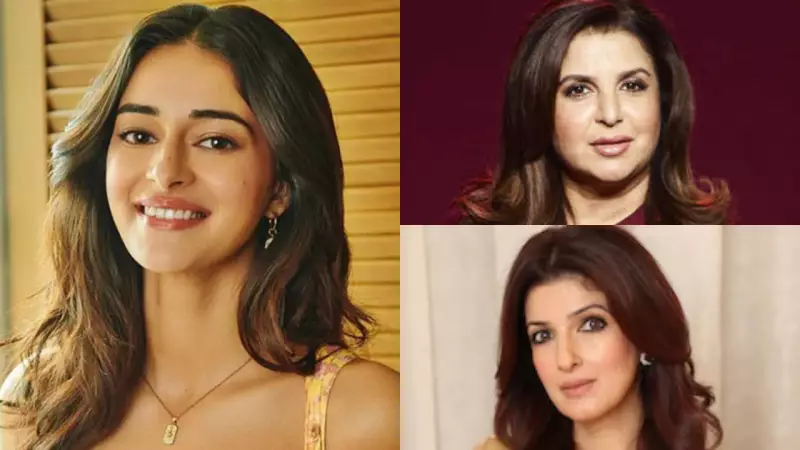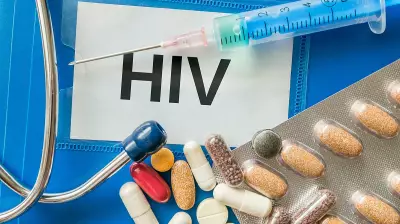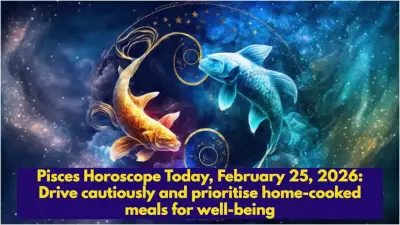
In a revealing conversation that highlights the growing generational divide in perspectives, Bollywood's young star Ananya Panday found herself defending Generation Z's approach to mental health against seasoned industry veterans Farah Khan and Twinkle Khanna.
The Clash of Generations
The discussion unfolded during a recent industry interaction where Ananya Panday, representing the younger demographic, articulated Gen Z's more open approach to discussing mental health concerns. The 25-year-old actress emphasized how her generation feels comfortable acknowledging and addressing psychological struggles that previous generations often suppressed or ignored.
Veterans Express Skepticism
Farah Khan, the acclaimed filmmaker and choreographer, didn't hold back her skepticism about what she perceives as Gen Z's heightened sensitivity. "They seem to be traumatised by everything," Khan remarked, suggesting that younger individuals might be over-identifying with mental health terminology for everyday challenges.
Twinkle Khanna, author and former actress, echoed similar sentiments, pointing to the dramatic difference in how different generations process and discuss emotional difficulties. The conversation highlighted the stark contrast between the 'grin and bear it' mentality of older generations and Gen Z's preference for open dialogue about mental wellness.
Ananya's Defense of Her Generation
Ananya stood firm in her defense, explaining that what might appear as oversensitivity is actually progressive awareness. "We're not being dramatic," she countered. "We're simply acknowledging what previous generations were forced to internalize. There's strength in recognizing when you're not okay."
The young actress emphasized that Gen Z's willingness to discuss mental health represents significant social progress rather than weakness. She argued that normalizing these conversations helps reduce stigma and encourages people to seek help when needed.
The Bigger Picture
This exchange reflects a broader cultural conversation happening globally about mental health awareness and generational differences in emotional expression. As mental health discourse becomes more mainstream in India, such dialogues between established industry figures and emerging voices become increasingly important.
The conversation ultimately highlighted how far the mental health discussion has come in Indian society, while also revealing the work still needed to bridge understanding between different age groups and their approaches to emotional well-being.






